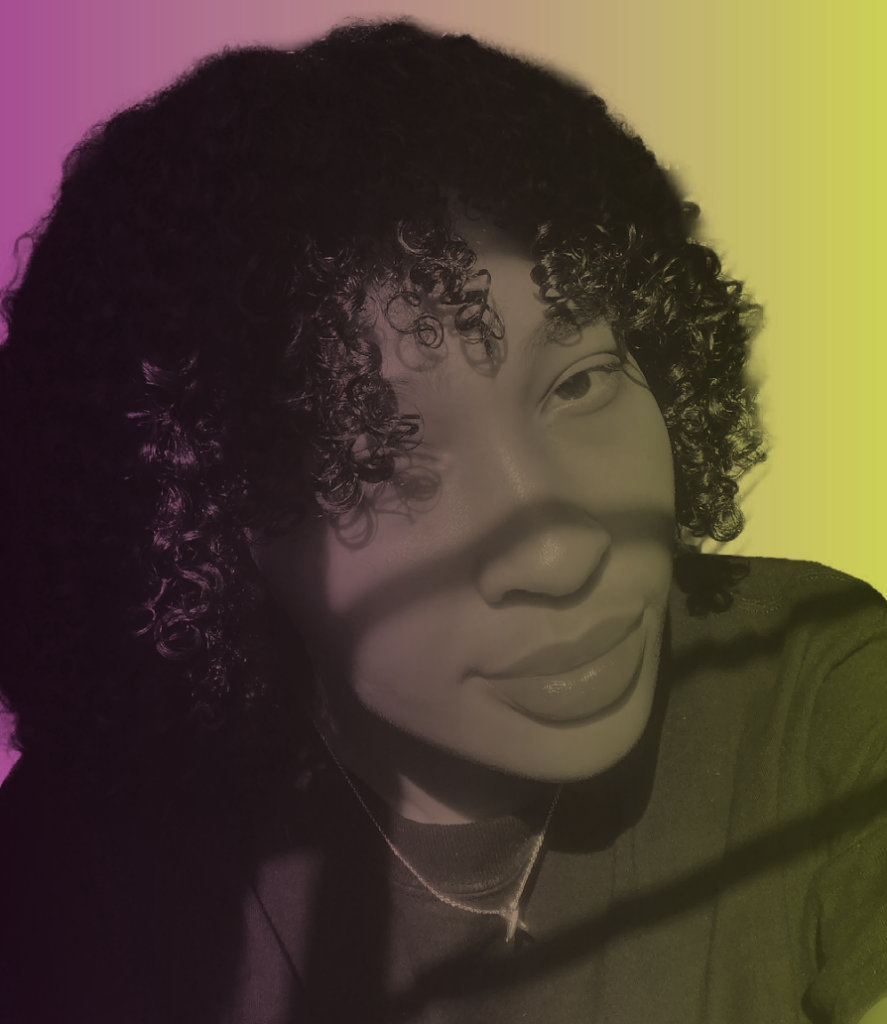
It’s the year 2021 and African Americans and Latinos/Hispanics don’t get equal access or equal treatment when it comes to health care. In the past couple of months, I was affected by the Black Lives Matter movement and I was curious about how health care can be more accessible for people of color. Given that I’m an African descendant as well as Hispanic, this is important to me as most of my family members are Brown and Black. I believe equality is a right everyone should have and as of right now this is not true in health care. I don’t want to be a bystander, especially when it comes to this racial and systemic issue.
Boston is a city with a diversity of cultures where people of color are being discriminated against in health care. They are more likely to get COVID-19 than white people, leaving the Black community behind. Abdallah Fayyad, an opinion writer from The Boston Globe, explains, “Black and brown Americans were becoming infected at alarmingly higher rates than their white neighbors, a reality that underscored the racial inequality that has long plagued the country’s health care system. As the crisis wore on, structural racism became all the more visible: Black and brown people are more likely to die of COVID-19, more likely to lose their jobs, and more likely to fall into poverty.” This is also true for Latinos and Hispanics. The pandemic has made the different treatment these two communities get even more noticeable than before.
Lily Sonis, the Lead Medical Case Manager at Boston Medical Center’s Immigrant and Refugee Health Center, told me, “Boston is an unequal city, where people of color have a lot worse health outcomes. You know, if you look at maps of Boston by zip code the health disparities are pretty crazy. The life expectancy in Roxbury is way different from the life expectancy in Beacon Hill. We know that all these systemic factors in society impact people’s health and create these health disparities. Boston has really large wealth gaps and so the disparities are pretty stark. We have all these amazing hospitals that provide great care, but a lot of people still have poor health outcomes because of these structural factors.” This can lead people of color to not have trust in the health care system.
This has been an issue for decades. In her article “How False Beliefs in Physical Racial Difference Still Live in Medicine Today” in The New York Times Magazine’s 1619 Project, Linda Villarosa writes about about how in 1845 a physician used Black women to practice operations without anesthesia only because it was thought that people of color had more tolerance to pain. In 2020, NBC News reporter Daniella Silva wrote about how, according to the government of Mexico, at least two Mexican women had procedures done without their consent while in ICE detention.
I think that having more diversity in the health care profession will help restore trust in the health care system. For Black and Brown people to be more represented in the health care field, they need the educational resources to help them to qualify for health care jobs. Therefore, I propose that the Boston Public Schools (BPS) integrate fast-track majors in high school. The fast-track medical program will prepare Black and Hispanic/Latino students to be successful in their classes, finish college, get a degree and then a job in the medical field.
Some schools in Boston already do this. Some students graduate from the Edward M. Kennedy Academy for Health Careers (EMK) having earned a Nursing Assistant Certificate, which sets them up for success to study nursing in college. While at the EMK, students get important clinical experience at Harvard Medical School’s MEDscience program and Hebrew SeniorLife assisted living.
What I am proposing is that this should be available at every high school. By introducing fast-track schools into the BPS system, students can have more chances to be guided into the health care field, which will increase their job opportunities. For justice and equity to happen there needs to be systemic change. This proposal will achieve that by creating success for Black Americans and other people of color. It will give students tools and direction to be successful in high school, in college, and as professionals.
In the 2020 Young Authors’ Book Project, I Closed My Eyes and Imagined: Visions for a Better Boston, twelfth-graders at the Margarita Muñiz Academy and eighth-graders at the Rafael Hernández School paint a powerful, quirky, and authentic vision of what students want to see in their future and in the future of their city. The Muñiz seniors crafted op-eds on a social issue of their choosing, from climate change and internet access to raising the minimum wage and ending the school-to-prison pipeline. The Hernández eighth-graders wrote pieces about what life in Boston could be like if some of our city's biggest challenges had been solved—from racism and gender equality to difficulties with remote learning and the antics of mischievous younger siblings. Jennifer De Leon, writer, professor, and author of Don’t Ask Me Where I’m From, wrote the book’s foreword. [pvfw-embed viewer_id="9812" width="100%" height="800"]
View In Store Read more from this book »